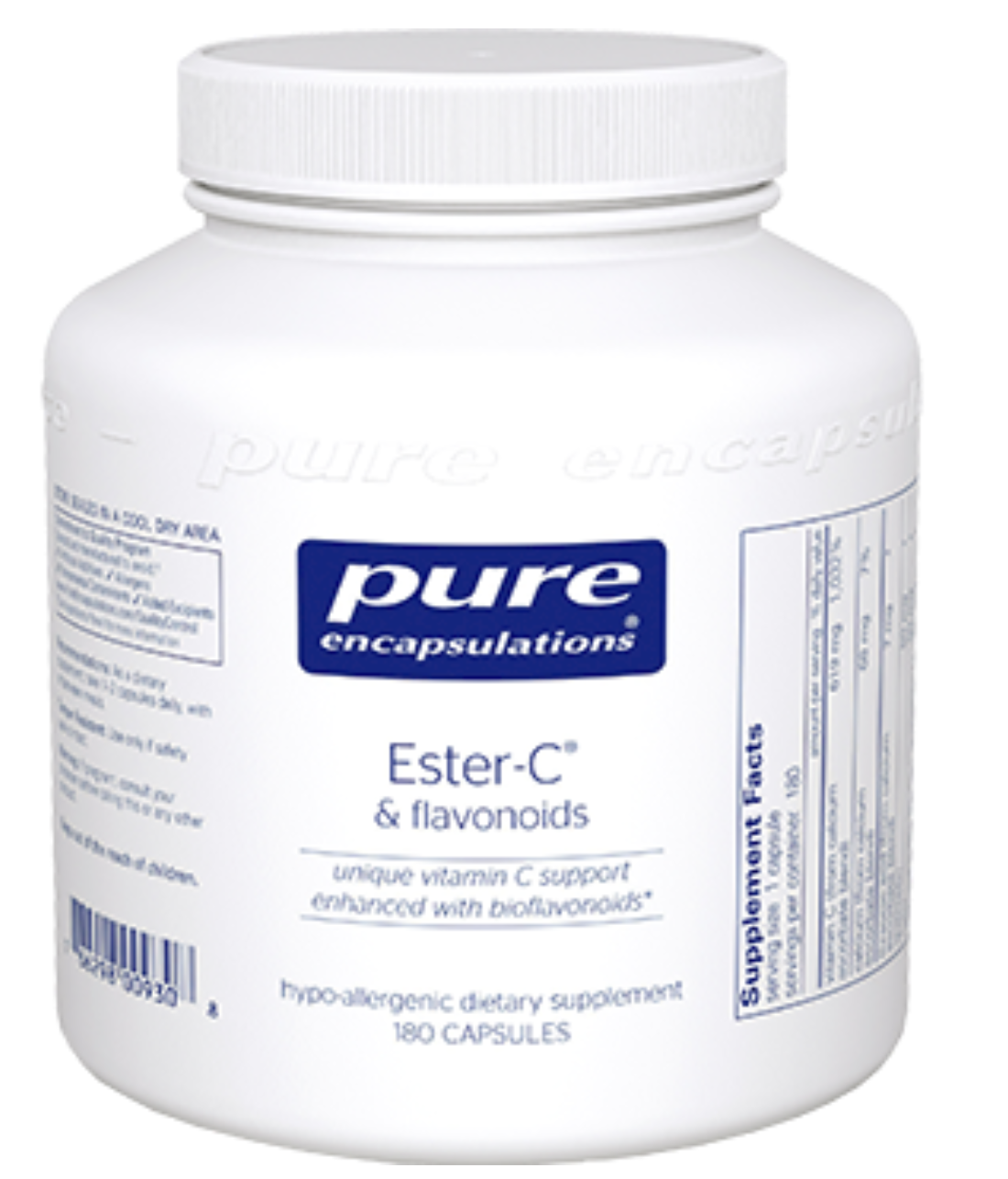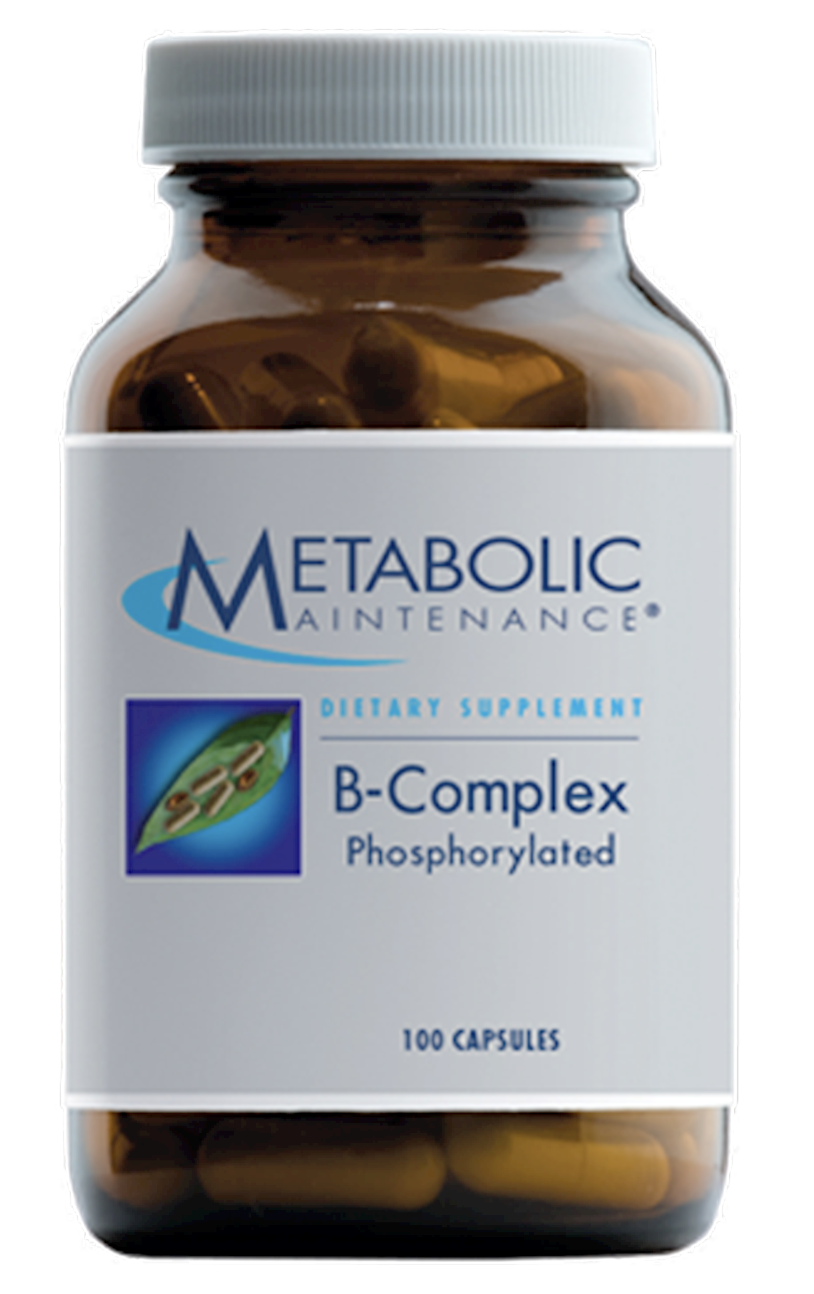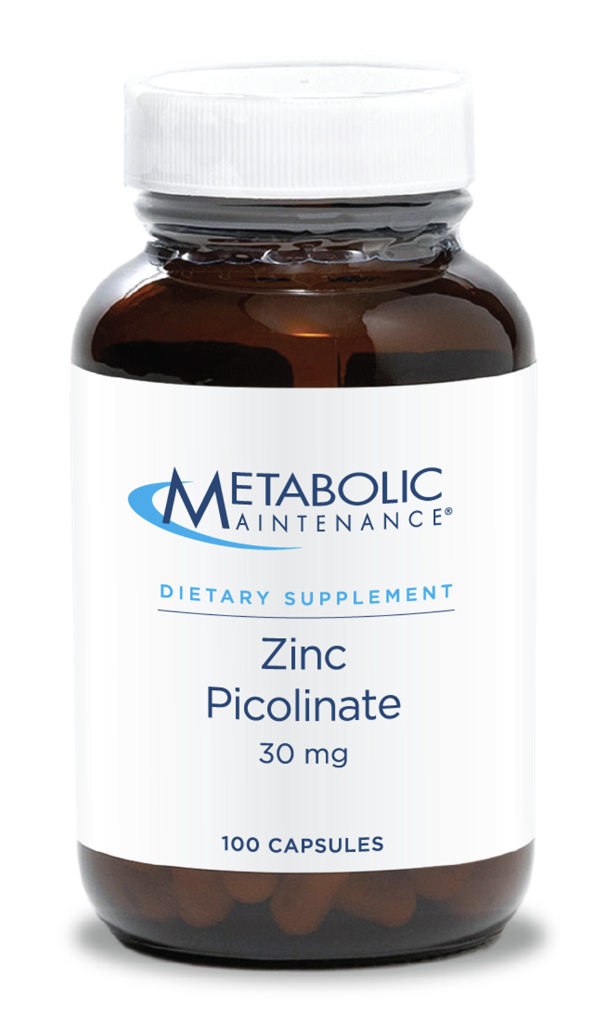STATIN SECRETS- is your Rx increasing your heart disease risk?
Let me tell you a story about STATIN DRUGS…
Since entering into the functional medicine space as a nurse practitioner I’ve always known there is a better way to reduce heart disease risk than detrimental drugs like Lipitor (Atorvastatin), Crestor (Rosuvastatin), or Zocor (Simvastatin) just to name a few.
However, until my dad’s Parkinson's healing journey, I never realized how detrimental these drugs are when prescribed unnecessarily and this is happening every single day in medical offices across the nation.
In fact, STATIN DRUGS ARE UNNECESSARILY PRESCRIBED 75% OF THE TIME.
According to a study published in Lancet, cholesterol medication works ONLY for those people who have already had a heart attack. Statins DO NOT work for the 75% of people who have never had a heart attack, which is most of the people taking the drug!
Unfortunately, doctors often prescribe medications like statins to keep cholesterol levels low. But these drugs can introduce a whole host of problems including muscle damage, brain damage, memory issues, Parkinson’s- like symptoms, and muscle aches and pains. My dad had been on a statin for twenty years and in those years developed all of the above symptom reports. When Parkinson's disease became apparent in his body, I started to look for root cause answers. I was BLOWN AWAY at what I found I will share with you here.
Why are statins so scary (when prescribed unnecessarily)?
Cholesterol is not the enemy and halting the body’s cholesterol production is not the solution.
Your body needs cholesterol to make hormones, cell membranes, and brain cells. Without enough cholesterol, your testosterone levels would drop, and your sex drive and function would plummet. (This often happens with statin users.)
Without cholesterol production taking place in the liver the body would no longer be able to make CoQ10, an important nutrient that cholesterol medications block production of, which could lead to neurological problems.
This statement stopped me dead in my tracks, is it possible that my dad’s neurological conditions have been compounded by his pharmaceuticals. My spirit rang inside of me, YES!
The True Cause of High Cholesterol
What actually puts you at risk for heart disease or stroke in your arteries, you ask?
Allow me to enlighten you with the evidence, the kind they’re not telling you about in Dr. Doomsday’s office.
Rancid or oxidized cholesterol that results in heart attacks/stroke results from oxidative stress and free radicals, triggering a vicious cycle of inflammation and plaque deposition under the artery walls. The real danger occurs when LDL (the cholesterol you do NOT want to be high) particles become oxidized and start the buildup of plaque or cholesterol deposits in your arteries. That’s why a diet full of fruits and vegetables containing high levels of antioxidants, or anti oxidizers, is a lifesaver! Plants take the oxidation out of our arterial walls. This is typically why Dr. Doomsday cardiologist may actually be helping you when he tells you to eliminate red meat. Now this is far from the best strategy, but what he is getting at is the evidence that presents more plants and less red meat as an anti-heart attack strategy.
Moreover, what is actually occurring inside the arteriole walls is an infection. Macrophages and monocytes are predominantly present inside of atherosclerosis plaques. When our bodies are full of toxicity like unresolved infections and inflammatory chemicals from our beauty products we are inflamed, infected, and at increased risk of heart disease.
The liver also must be considered in heart disease. There is never a person who had a heart attack or stroke who did not also have a congested liver. In fact, most people of the modern world are walking around with toxic, filthy livers. Why? Because you can find fast food on every corner, medications given out like candy at the doctor’s office, and department stores laden with perfumes and other inflammatory endocrine disruptors. The liver then absorbs these products to keep the blood and other organs safe. The liver is like the sump pump for the heart. The pump gets congested and then we have an overflow. The overflow is inflammation inside the arteriole vessels, this is what is creating heart disease.
Functional medicine helps us see that we are not victims of genetic heart disease. Instead, we sometimes unknowingly allow our bodies to build up with toxins and infections that create this heightened state of inflammation and then later comes heart disease, or other inflammatory conditions.
As we can see, statin drugs do not mitigate the risk of our root cause, which is toxic and infectious bodies.
So how can I get off my statin drug?
The most important piece of information to know is to improve your levels of good cholesterol and optimize your body’s ability to produce the right kind of cholesterol. How can we make good cholesterol in the body? We can use food as medicine to help the body heal from the inside out. I have seen clients reduce their cholesterol and heart disease risk by 20-80% in just a few weeks, including my dear dad!
Listen here, before you say I could never change the way I eat, let me tell you about Dan Ciszewski. My dad was an 8-diet soda a day kind of dude, loved his onion rings from burger king, and also loved his homemade pot pies. He obediently drank his glass of dairy milk every morning with heart healthy cheerios. He had a lean turkey sandwich with fruit and chips for lunch. At dinner he watched his carbohydrates as a type 1 diabetic so he wouldn’t overdo it before bed and wake up with high blood sugars. My dad is your standard conservative midwestern guy. A retired research large animal veterinarian and never one to consider clean eating let alone plant based. In four weeks, he changed his C reactive protein value from 9 mg/L to 1 mg/L. He had over 9x the amount of inflammation anyone would want to have in their body. His triglycerides plummeted down into the healthy range and so did his total cholesterol. How? Just by using food as medicine and beginning the protocol we laid out for his healing journey. Not only did his heart disease risk dissolve, but symptoms of his ulcerative colitis are completely gone and his blood sugars, for the first time in his life, are mostly controlled. He is eating plenty of carbohydrates, good sources of fat, and gets 80-90% of his protein from plant sources versus animal sources. At 66, my dad is thriving and for most of my childhood I saw him surviving with his health conditions. If my dad can do this, so can you!
Serious about saying goodbye to your statin drug?
If you are fired up and ready to kiss your atorvastatin goodbye, I want to help you!
Every bite of food you take affects your gene expression, hormones, immune system, energy production, metabolism, and even your gut flora.
All of these determine the quality of your health.
However, we must help you wean in a responsible way. This blog is not enough guidance to follow to wean completely off your medication. Please take this information to your doctor or new practitioner of your choice and allow their medical expertise to guide you. For many practitioners this information may be new, if they do not agree with you, keep reading I will get there. Most likely, they won’t have the information to support you with your nutritional therapy changes. This will be up to you to seek the right guidance. Check out my One Day Detox for a sample plan or Food as Medicine course for detailed guidance.
The interaction of your genes, lifestyle, and environment ultimately determines your risks—and the outcome of your life. This is the science of nutrigenomics, or how food is information. Food influences our risk of disease by turning on the right gene messages with our diet and lifestyle choices.
Put in quality information and you get health. Bad information creates disease. Most factors that create chronic disease are under your control including diet, nutritional status, stress levels, and activity levels. Key tests can reveal problems with a person’s blood sugar, inflammation level, level of folic acid, clotting factors, hormones, and other bodily systems that affect your risk of cardiovascular disease.
The “INTERHEART” study, published in The Lancet in 2004, followed 30,000 people and found that changing lifestyle could prevent at least 90 percent of all heart disease. Eating the best nutrition suited for you can reduce your risk of disease by 90%!
The Right Kind of Testing
The key to understanding whether cholesterol creates a problem is to get the right type of cholesterol test like I ran on my dad. 99% of doctors don’t do the right test. Instead, because of their training, they are stuck doing outdated 20th-century testing.
The 21st-century test called an NMR Profile measures not just your cholesterol by weight (mg/dl), but also the number of particles that make up that number and the size of those particles. Are they light and fluffy, like soft harmless beach balls, or are they dense, destructive, bullets like those from a BB gun? Those small, dense cholesterol particles create inflammation inside the vessels. Those small particles bang around in your arteries and cause damage, as opposed to large, fluffy beach-ball-like particles that just bounce off and don’t cause a problem. Some people may even have high cholesterol with a healthy profile of fluffy beach balls and not so much the worrisome BB gun bullets. The right kind of testing matters!
In addition to an NMR profile, I also ran for my dad, a C-reactive protein, full lipid profile (included in the NMR particle size profile, a homocysteine level, and fibrinogen. These tests helped me advocate for him to get off his statin during an appointment with his endocrinologist. My challenging story is told below in my video.
A major study done at Harvard found that people with high levels of C-reactive protein (CRP, a marker of inflammation) had higher risks of heart disease than people with high cholesterol. Normal cholesterol levels were not protective to those with high C-reactive protein. The risks were greatest for those with high levels of both CRP and cholesterol. My dad had elevated levels of both, he now has normal C- reactive protein and normal cholesterol levels.
Action Plan
Aside from taking this information to your trusted practitioner and a complete nutritional overhaul if needed, there are a few steps you can begin taking today while on a statin to help your body to begin to heal naturally or necessary while and after weaning the drug from the body.
Many Americans are deficient in B vitamins and up to a third of us have a genetic variation that requires us to have a special form of folic acid called 5-methylfolate for our body to function properly. If you are deficient in folic acid, B6, or B12 you will have an increased level of substance called homocysteine, which increases your risk of heart disease and dementia. This can be easily addressed by adequate folic acid (as folate) intake along with vitamins B6 and B12. These have to be the right forms of these nutrients to work properly. The brand of supplement MATTERS!
My two trusted forms of B vitamins are as follows:
Ultra B12 Folate, this beautiful blend contains B12 that is ALWAYS NECESSARY as adenosyl cobalamin and methyl cobalamin in the body, as well as contains folate. I recommend every single person take a B12 (as well as a zinc) due to the deficiency of our soil.
Another blend that is stellar, is this B complex that has a wide variety of B vitamins as well as Niacin. These both are pharmaceutical grade and can be ordered through my dispensary or your local practitioner’s office.
Another, very important supplement to load up on as you wean is COQ10. Remember as we talked about above, statin drugs block the production of this antioxidant in the body. This enzyme is needed for neurological, cardiovascular, and mitochondrial function in the body.
Bottom Line
Doctors are trained to focus on statins, which lower LDL, and NEVER fix the root cause of heart disease and stroke risk. Billions of dollars are spent advertising these drugs even though they are the wrong treatment. Once we know better, we can do better!
If you want to hear more about the emotionally taxing journey of advocating with my dad’s doctors as his nurse practitioner for his statin wean, you can watch this video here below.
I’ll warn you, I really let it fly in this one…
In need of support?
If you are feeling alone in this healing journey and do not yet have a trusted practitioner to reach out to for guidance, you can set up a discovery call with me here to see if we would be a good fit to work together.
Jen’s top three products for heart health…
Zinc supports overall health and is present in all tissues, organs, and secretions of the body. The B-Complex provides essential nutrients needed for numerous systems and biochemical reactions. Unique vitamin C enhanced with flavonoids for antioxidant, immune, and vascular support. Try any of these to upgrade your systems!
REFERENCES
American College of Preventive Medicine. Lifestyle Medicine—Evidence Review. June 30, 2009. Available at: http://www.acpm.org/LifestyleMedicine.htm. Accessed September 18, 2009.
Kottler BM, Ferdowsian HR, Barnard ND. Effects of plant-based diets on plasma lipids. Am J Cardiol. 2009 Oct 1;104(7):947-56.
Ford ES, Bergmann MM, Kröger J, Schienkiewitz A, Weikert C, Boeing H. Healthy living is the best revenge: findings from the European Prospective Investigation Into Cancer and Nutrition-Potsdam study. Arch Intern Med. 2009 Aug 10;169(15):1355-1362.
Graveline, D. (2010). Lipitor Thief of Memory. Van Duuren Media.
Hyman, M. H. (2018). The Cholesterol Solution. In Food (pp. 6–18). Hyman Enterprises. https://drhyman.com/wp-content/uploads/2018/02/The-Cholesterol-Solution_ebook_022318.pdf
Lapsley KG, Trautwein EA, Josse RG, Leiter LA, Connelly PW. Effects of a dietary portfolio of cholesterol-lowering foods vs lovastatin on serum lipids and C-reactive protein. JAMA. 2003 Jul 23;290(4):502-10.
Micallef MA, Garg ML. Anti-inflammatory and cardioprotective effects of n-3 polyunsaturated fatty acids and plant sterols in hyperlipidemic individuals. Atherosclerosis. 2009 Jun;204(2):476-82.
Menke A, Muntner P, Batuman V, Silbergeld EK, Guallar E. Blood lead below 0.48 micromol/L (10 microg/dL) and mortality among US adults. Circulation. 2006 Sep 26;114(13):1388-94.
Mozaffarian D, Wilson PW, Kannel WB. Beyond established and novel risk factors: lifestyle risk factors for cardiovascular disease. Circulation. 2008;117(23):3031-3038.
Yusuf S, Hawken S, Ounpuu S, et al; INTERHEART Study Investigators. Effect of potentially modifiable risk factors associated with myocardial infarction in 52 countries (the INTERHEART study): case-control study. Lancet. 2004;364(9438):937-952.







